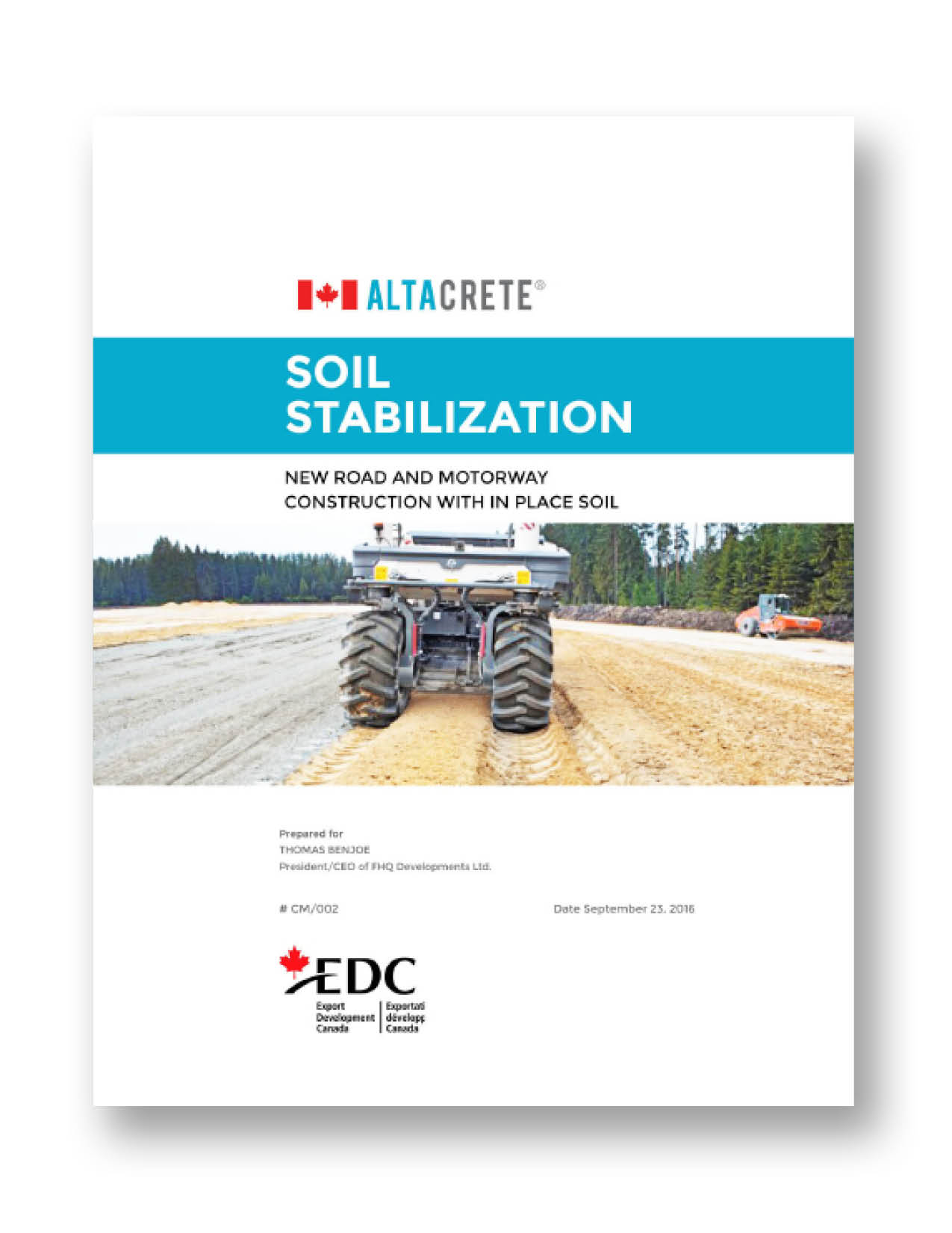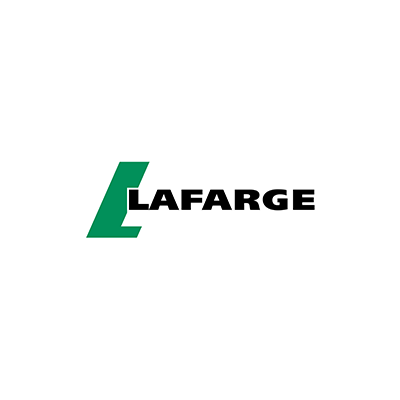What Is Roller-Compacted Concrete Pavement?
Roller-compacted concrete (RCC) gets its name from the heavy vibratory steel drum and rubber-tired rollers used to compact it into its final form. RCC has similar strength properties and consists of the same basic ingredients as conventional concrete—well-graded aggregates, cementitious materials, and water—but has different mixture proportions. The largest difference between RCC mixtures and conventional concrete mixtures is that RCC has a higher percentage of fine aggregates, which allows for tight packing and consolidation. Fresh RCC is stiffer than typical zero-slump conventional concrete. Its consistency is stiff enough to remain stable under vibratory rollers, yet wet enough to permit adequate mixing and distribution of paste without segregation. RCC is typically placed with an asphalt-type paver equipped with a standard or high-density screed, followed by a combination of passes with rollers for compaction. Final compaction is generally achieved within one hour of mixing. Unlike conventional concrete pavements, RCC pavements are constructed without forms, dowels, or reinforcing steel. Joint sawing is not required, but when sawing is specified, transverse joints are spaced farther apart than with conventional concrete pavements.













